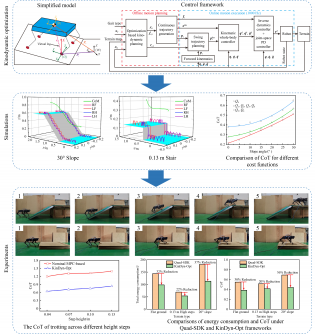A recent study has unveiled that certain ant species modify their nest structures to mitigate the spread of epidemics within their colonies. This behavior could offer valuable insights for developing strategies to control disease transmission in human populations.
Researchers from the University of Cambridge conducted a detailed investigation into the social insects’ adaptive behaviors. The findings, published in 2023, reveal that ants can reorganize their nests in response to disease threats. This discovery highlights the potential for nature-inspired solutions to address public health challenges.
Ants operate within complex social systems, and their nests serve as crucial hubs for communication and resource sharing. When disease outbreaks occur, some ant species are capable of altering the architecture of their nests to limit contact among infected individuals. This behavior not only protects the colony but also ensures the survival of the overall population.
The study observed that ants engage in behaviors such as relocating infected members away from healthy ones and creating barriers within their nests. This proactive response helps to contain the spread of pathogens, effectively reducing the risk of widespread infection.
According to lead researcher Dr. Susan Wright, “The ability of ants to adapt their living conditions in response to disease presents an extraordinary example of natural problem-solving. These findings could inspire new approaches to human disease control.”
The implications of this research extend beyond the realm of entomology. Public health officials may benefit from studying these adaptive behaviors as a model for mitigating disease spread in human communities. By understanding how ants manage internal epidemics, scientists could develop innovative interventions for controlling infectious diseases.
In light of ongoing global health concerns, such insights are timely. Epidemics can have devastating effects on society, and strategies that incorporate lessons from nature may prove essential in future disease prevention efforts.
As the world faces challenges from emerging infectious diseases, the ant’s ability to adapt could serve as a blueprint for human interventions. The parallels between ant behavior and human health systems underscore the importance of interdisciplinary research in addressing complex biological challenges.
This research not only sheds light on the remarkable capabilities of ants but also emphasizes the need for ongoing exploration into the natural world’s solutions. The findings are a reminder that sometimes, the answers to our most pressing problems may lie within the behaviors of the smallest creatures.







